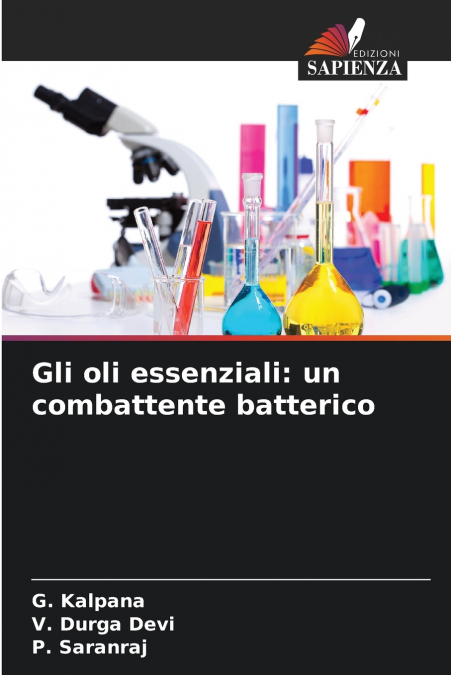
G. Kalpana / P. Saranraj / V. Durga Devi
Gli oli essenziali e i costituenti volatili estratti dalle piante aromatiche sono spesso utilizzati nella medicina popolare per la prevenzione e il trattamento di diverse malattie umane. Nel presente studio sono stati raccolti quattro oli essenziali (olio di Punga, olio di Sesamo, Santhalum album e olio di Senape) e ne è stata analizzata l’attività antibatterica. La massima attività inibitoria è stata osservata nell’olio di Santhanathi rispetto agli altri oli essenziali. L’olio di Santhanathi ha mostrato la massima zona di inibizione contro Bacillus cereus (46 mm), seguito da Shigella flexneri (45 mm), Staphylococcus aureus (44 mm), Salmonella typhi (42 mm), Klebsiella pneumoniae (40 mm) ed Escherichia coli (30 mm). La zona di inibizione minima è stata notata in Acetobacter baumani (20 mm). Nessuna zona di inibizione è stata osservata nel controllo in cieco con DMSO. I risultati del nostro studio raccomandano la possibilità di utilizzare l’olio essenziale come antibatterico naturale nell’industria alimentare o farmaceutica. Si può concludere che le indagini sulle piante hanno aperto una nuova prospettiva nella ricerca farmaceutica e possono essere utilizzate per lo sviluppo di potenziali, nuovi agenti antibatterici per il trattamento delle malattie batteriche.